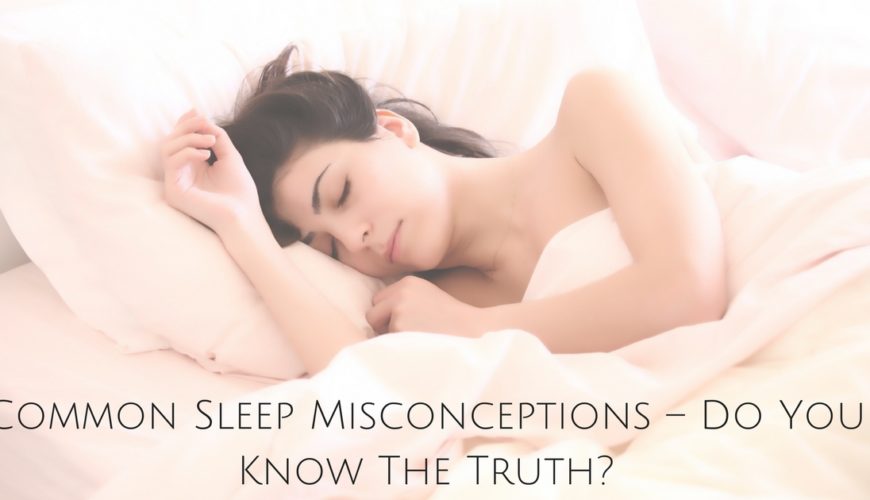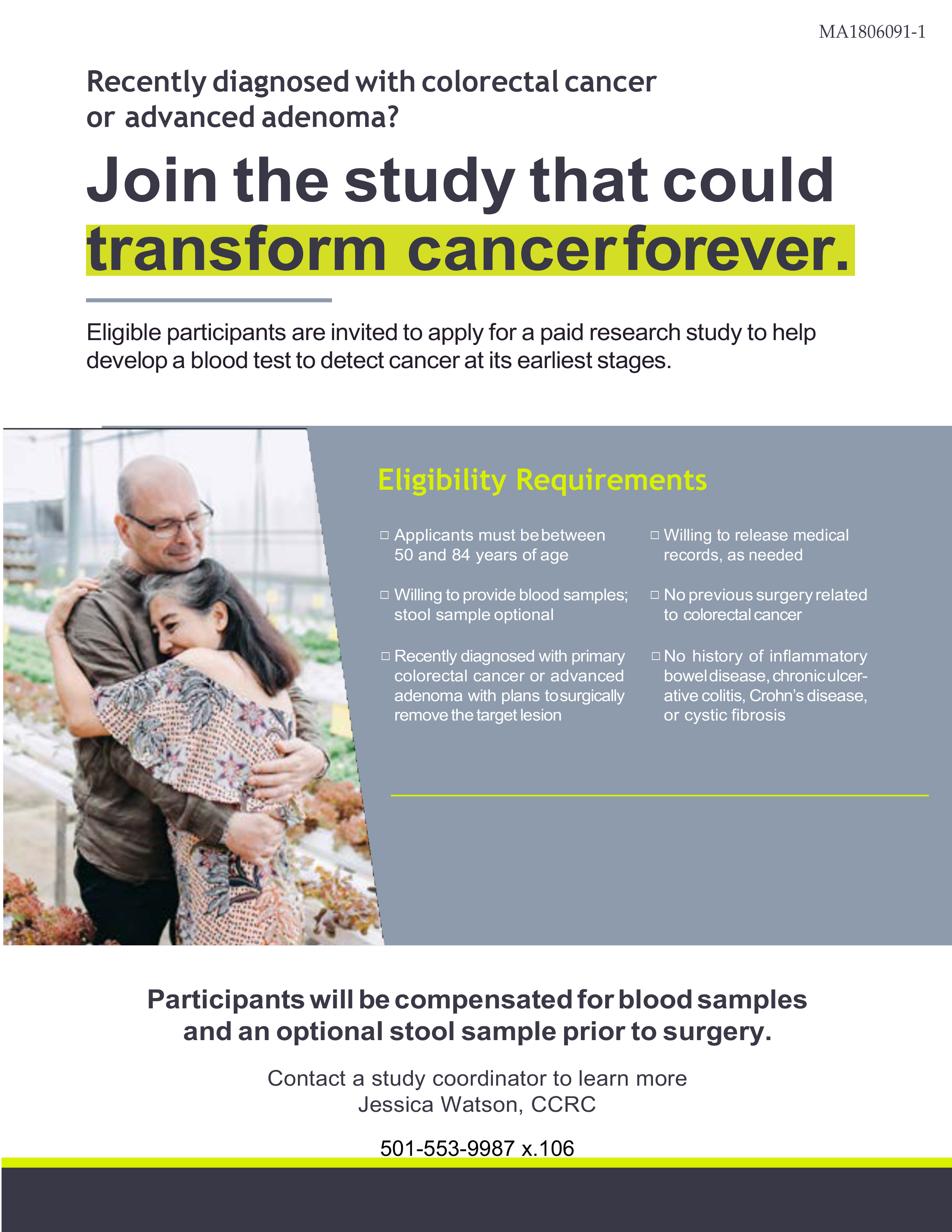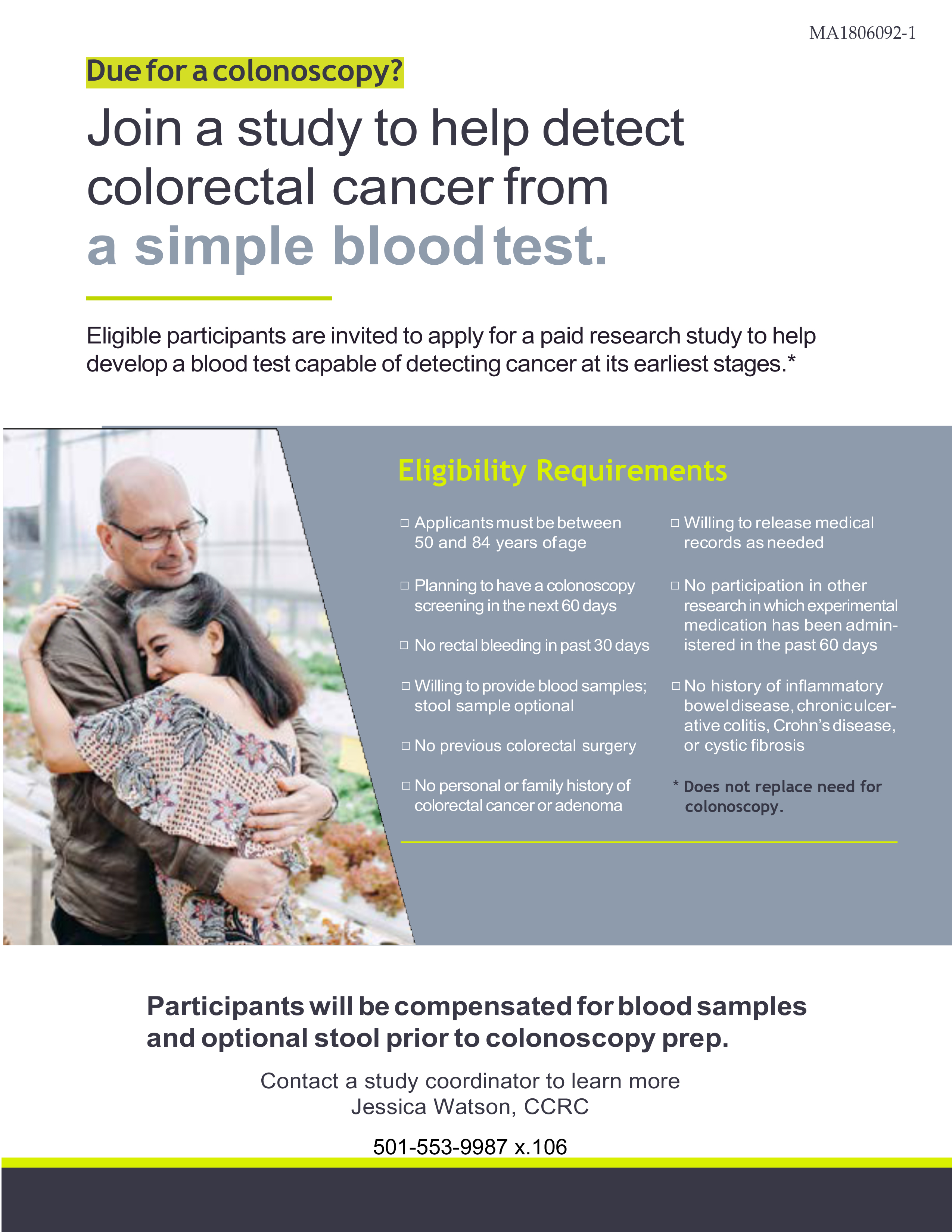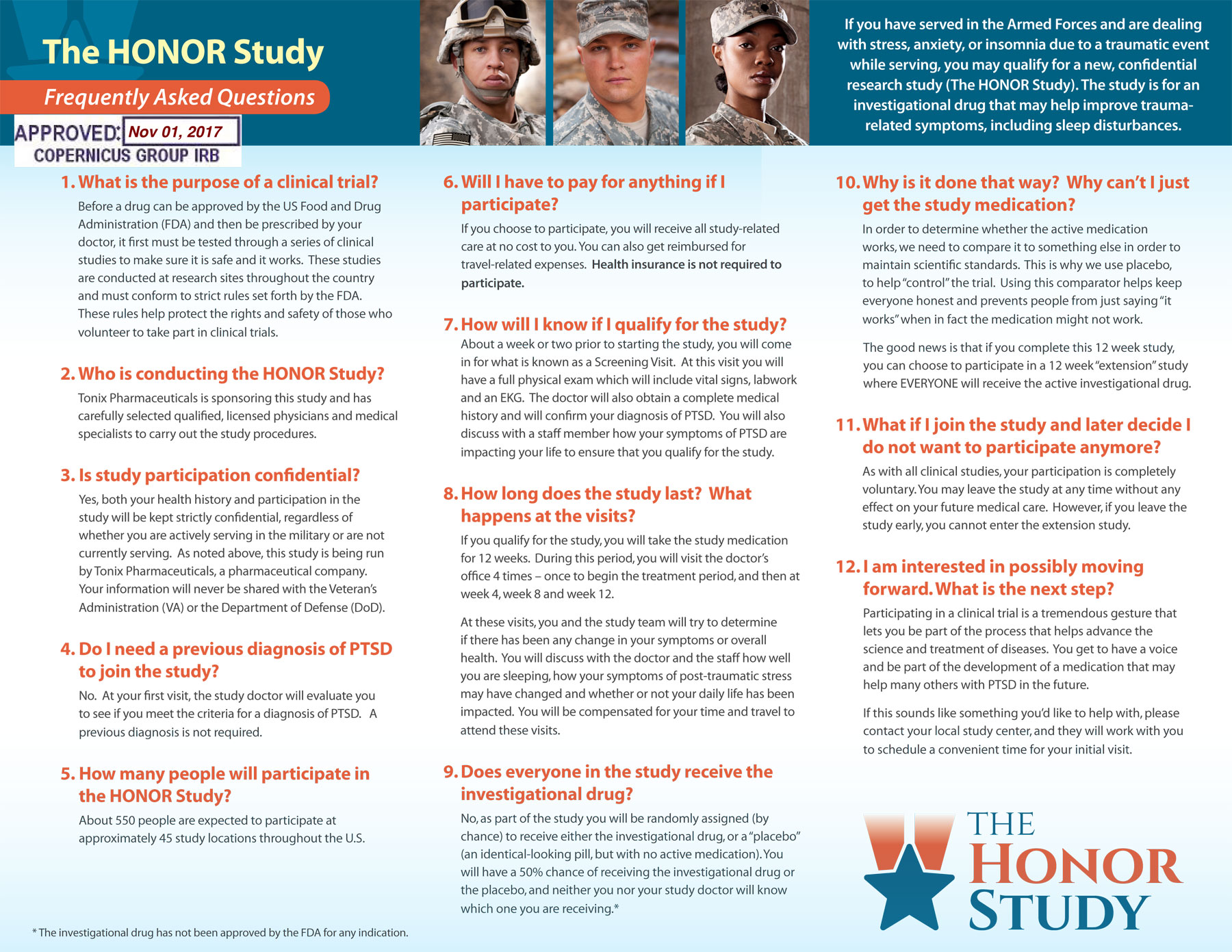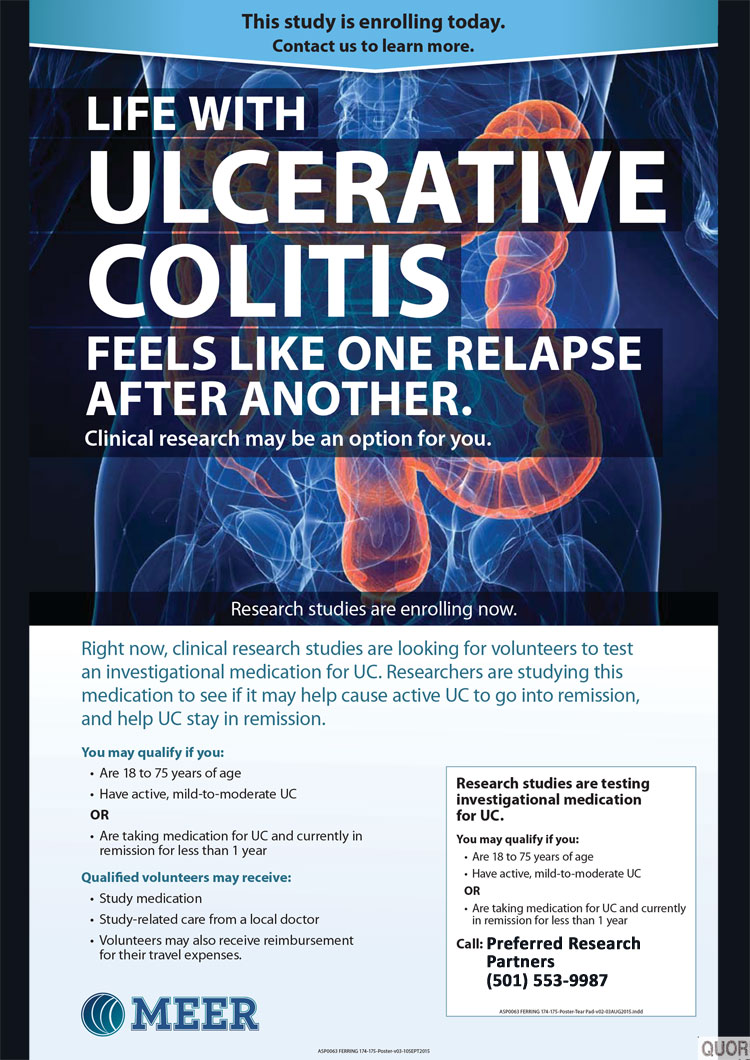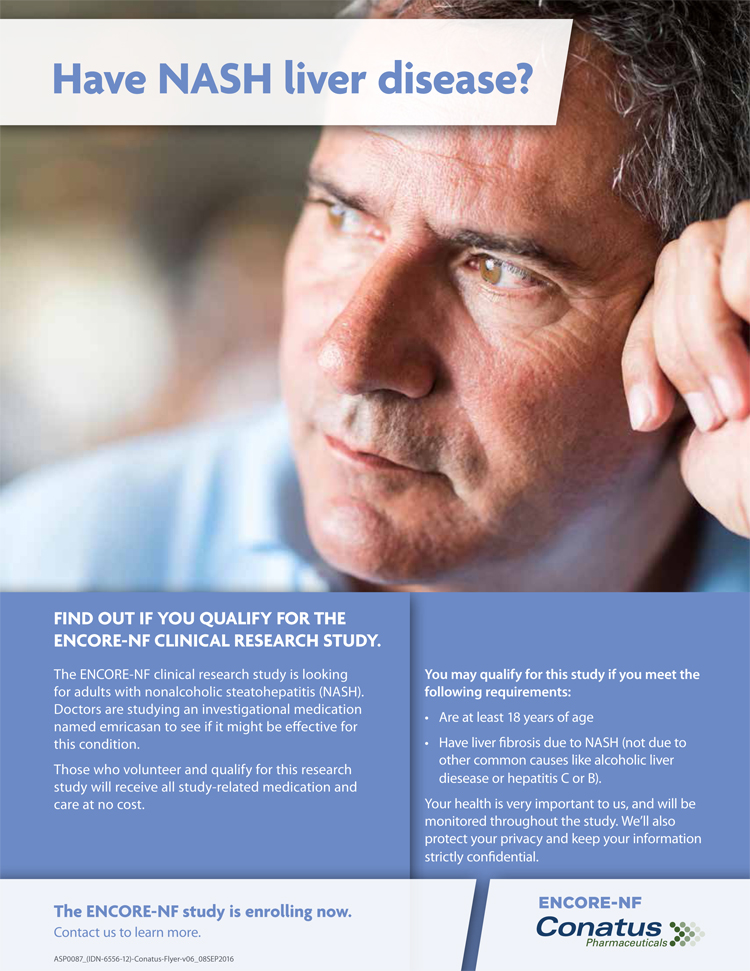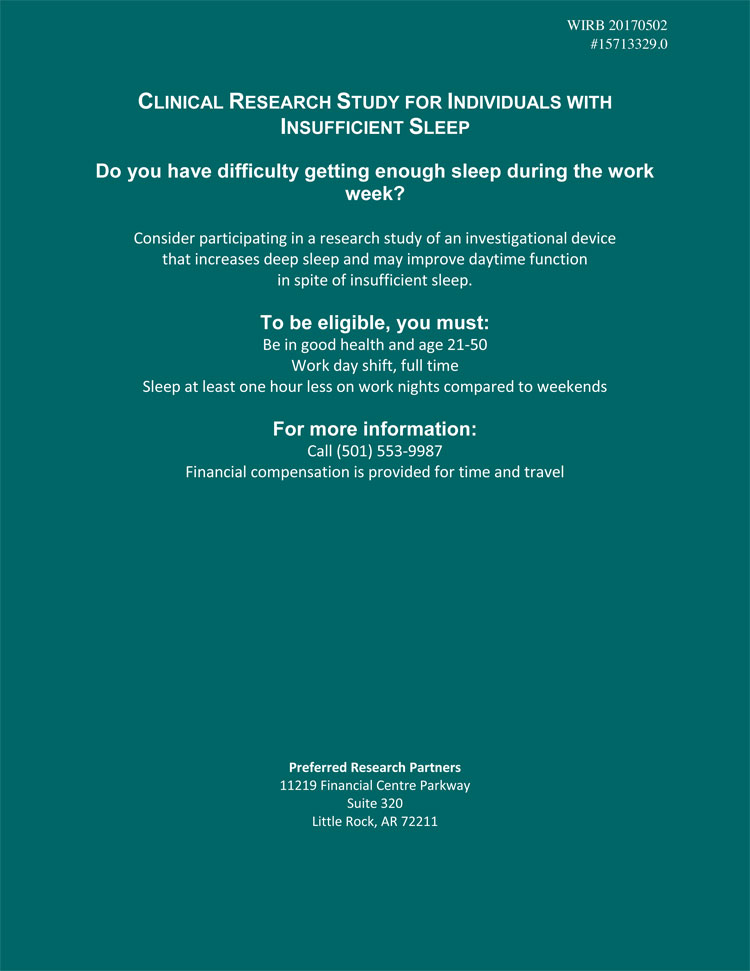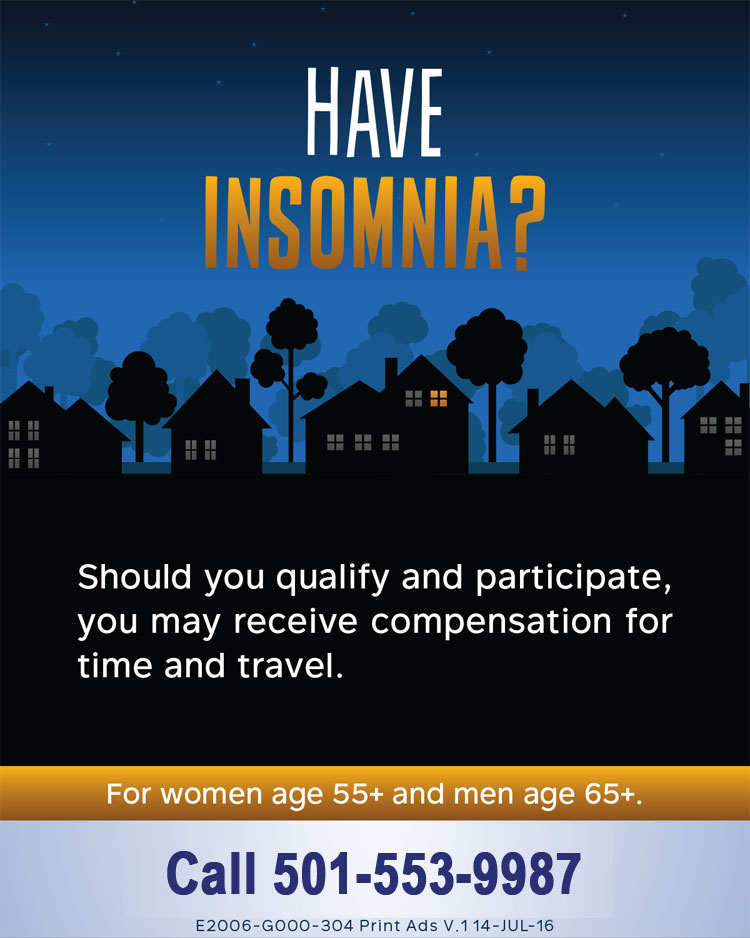A solid foundation of balance and wellness all starts with a good night’s sleep. When rested, your body and brain work together in harmony and help you succeed both physically and mentally. That’s why getting your sleep schedule in check is a vital part of a healthy routine. Even though many people think they know what is best in terms of sleep rules and truths – there are still a few misconceptions that exist.
- Everyone should get 8-10 hours of sleep a night
Although the standard suggestion for sleep is 7-8 hours a night, this doesn’t mean the recommendation is for everyone. It’s important to listen to your body as an individual and note when you feel the most rested. How much sleep you need is often determined by genetics, making the variations of sleep needs out of your control. If you do hone in on the 8 hour mark you could potentially be missing out on the sleep you need- or creating frustration if you need slightly less sleep than the average person.
- If you have trouble sleeping during the week – you can make up for it on the weekends.
During a regular Monday through Friday workweek it can be hard to keep a healthy sleep schedule. Early morning wakeups, stress, and other obligations can all get in the way of getting a full night’s sleep. When some people reach the weekend they use the time to catch up on rest – and although it’s helpful, it doesn’t cure everything in terms of sleep deprivation. Also, too much sleep on the weekends can negatively affect your sleep cycle – making it even more difficult to get rest at the beginning of the week. Keep catch up sleep to a minimum – only within 1 hour of your normal wakeup time1.
- Adults need less sleep as they get older.
Many people believe that you need less and less sleep as you grow older, however this is a myth! As you grow into adulthood your opportunities for long night’s sleep may diminish, but it doesn’t mean your body needs any less than before. Unfortunately with age also comes a higher prominence of issues with sleep including trouble falling asleep, insomnia, and sleep apnea. In fact it is estimated that in adults over the age of 60 nearly 50 % of adults experience insomnia2.
If you often have a hard time getting a good night’s sleep, consider participating in Preferred Research Partners’ insomnia study. Fill out the form below and a member of our team will reach out to share more information.
Resources:
1,2 Breus, Michael. “6 sleep myths that may be hurting your sleep.” The Sleep Doctor, Admin http://Thesleepdoctor.com/Wp-Content/Uploads/2015/12/Sleepdoclogo-300×79.Png, 2 Nov. 2017, www.thesleepdoctor.com/2017/10/31/6-sleep-myths-may-hurting-sleep/.

